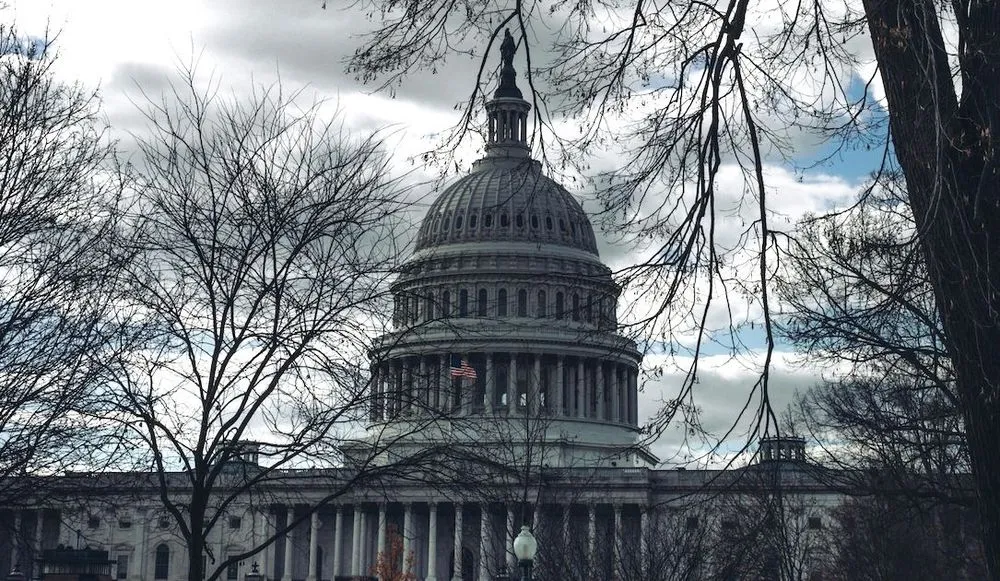Short-term renewal of cyber information sharing law appears in bill to end shutdown
A deal to reopen the U.S. government would also renew an expired cybersecurity information sharing law until the end of January.
The Senate on Sunday advanced legislation to end a weeks-long shutdown stalemate that includes a provision to reauthorize the 2015 Cybersecurity Information Sharing Act through January 30.
The law, which incentivizes private entities to share threat data with the federal government with antitrust and liability safeguards, expired at the end of September. The lapse has sparked widespread concerns that information sharing between the two camps could slow or stop altogether.
However, a senior U.S. official recently said such efforts are holding steady.
House lawmakers must still vote on the funding deal before President Donald Trump can sign it into law. Decisions about that vote have not been announced.
If the short-term bill is enacted, Congress will still face decisions about the fate of the cyber law, known as CISA 2015.
In September, the House Homeland Security Committee approved legislation that would extend the law for a decade with some updates.
Last month, Sens. Gary Peters (MI), the top Democrat on the Senate Homeland Security Committee, and Mike Rounds (R-SD) introduced a bill that would similarly renew the law for ten years and provide retroactive protections for entities that shared threat information with the government despite the lapse of authority.
One possible roadblock is Sen. Rand Paul (R-KY), who chairs the Homeland Security panel and has consistently thwarted Peters and others on the Senate floor from passing a reauthorization by a voice vote during the shutdown.
The Trump administration, meanwhile, wants a “clean,” 10-year renewal of the law.
“It's a common-sense law,” National Cyber Director Sean Cairncross said last month at the Palo Alto Networks Public Sector Ignite 2025 conference.
“The White House is pushing for a 10-year, clean reauthorization of this authority. It's something that we want to see done. It's important to national security and it fosters the sort of collaboration, not only amongst the private sector, but between the public and private sector that's vital.”
Martin Matishak
is the senior cybersecurity reporter for The Record. Prior to joining Recorded Future News in 2021, he spent more than five years at Politico, where he covered digital and national security developments across Capitol Hill, the Pentagon and the U.S. intelligence community. He previously was a reporter at The Hill, National Journal Group and Inside Washington Publishers.



